Welcome To
Allergy Testing Center
Allergy testing helps identify substances (allergens) that may trigger allergic reactions in individuals. It’s recommended if you experience recurring or unexplained symptoms that could be linked to allergies. Find the answers today to your symptoms with quick and reliable allergy testing.
Need Appointment : Allergy Testing


OUR SERVICES
When Should You Get Tested?
Identify your triggers and breathe easier with our simple and effective allergy testing.

Identify Allergy Triggers:
Allergy testing helps pinpoint specific substances (allergens) that cause your symptoms, such as pollen, pet dander, certain foods, or medications. Knowing your triggers allows you to take steps to avoid them, reducing the frequency and severity of allergic reactions.

Guide Effective Treatment
Testing provides essential information for creating a personalized treatment plan. This may include lifestyle changes, medications (like antihistamines), or advanced options like immunotherapy (allergy shots), ensuring better management of symptoms and improved quality of life.
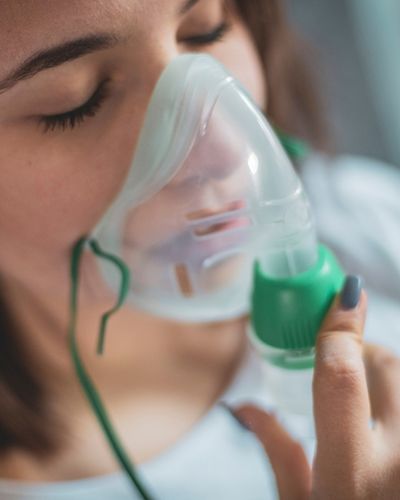
Persistent Respiratory Issues
Allergy Testing

Redness or irritation
Skin Allergy
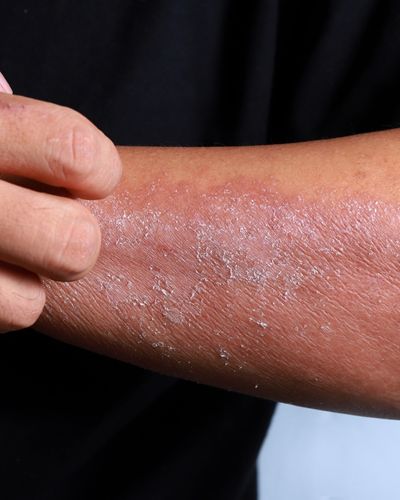
Unexplained Severe Reactions
Skin Allergy
OUR DocTORS
What Allergy Testing Identifies and How It Helps in Treatment
Allergy testing identifies specific allergens—substances that trigger an immune response in your body. These allergens can include:
- Foods: Peanuts, shellfish, milk, eggs, and more.
- Environmental Allergens: Pollen, dust mites, mold, and pet dander.
- Insect Venoms: Bee stings, wasps, or other insect bites.
- Medications: Penicillin, aspirin, or other drugs.
- Contact Allergens: Latex, fragrances, or metals like nickel.
By pinpointing the exact allergens, testing provides clarity about what’s causing your symptoms, such as respiratory issues, skin reactions, or gastrointestinal problems.
How it Helps in Treatment:
Avoidance Strategies: Knowing your triggers allows you to avoid or limit exposure to specific allergens. For instance, if dust mites are identified, you can use allergen-proof bedding or air purifiers.
Personalized Medication: Doctors can recommend tailored medications, such as antihistamines, decongestants, or corticosteroids, to manage symptoms effectively.
Immunotherapy (Allergy Shots): For long-term relief, allergy shots or sublingual immunotherapy can help desensitize your immune system to specific allergens over time.
Dietary Adjustments: If food allergies are detected, you can eliminate problematic foods and explore safe alternatives to prevent reactions.
Allergy testing not only identifies the root cause of your symptoms but also empowers you and your healthcare provider to create a customized treatment plan, improving your quality of life and reducing the risk of severe reactions.
Get clarity on your allergies and enjoy a symptom-free life.
ABOUT US
Three Main Symptoms Indicating the Need for Allergy Testing
Say goodbye to uncertainty—get tested and take control of your allergies.
Persistent Respiratory Issues:
Frequent sneezing, nasal congestion, or shortness of breath that worsens in specific environments or seasons could indicate allergies and should be evaluated promptly.
Severe Skin Reactions
Unexplained hives, swelling of the face or eyelids, or recurring itchy rashes that do not respond to standard treatments suggest the need for allergy testing.
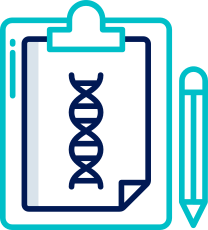
Unexplained Severe Reactions
Symptoms like swelling of the throat, difficulty breathing, or dizziness after exposure to certain foods, medications, or insect stings may point to life-threatening allergies and require immediate attention at an allergy testing center.
OUR DocTORS
Common Symptoms That May Require Allergy Testing
Allergy testing is often necessary for individuals experiencing recurring or unexplained symptoms that may indicate an allergic reaction. Respiratory symptoms like frequent sneezing, nasal congestion, runny nose, itchy or watery eyes, persistent cough, or shortness of breath can suggest allergies to environmental triggers such as pollen, dust, or pet dander. Skin reactions, including itchy rashes, hives, swelling of the face or eyelids, and redness after contact with certain substances, may indicate contact or food-related allergies.
Gastrointestinal issues, such as nausea, vomiting, diarrhea, or stomach pain after consuming specific foods, often point to food allergies. More severe symptoms, like swelling of the throat, difficulty breathing, rapid heartbeat, or loss of consciousness, signal anaphylaxis, a life-threatening allergic reaction that requires immediate medical attention. Additionally, unexplained symptoms like chronic fatigue, recurring sinus infections, or persistent headaches may also be linked to allergies, making testing an essential step in identifying triggers and managing symptoms effectively.
Magni dolores eos qui ratione voluptatem sequi nesciunt. Neque porro est amet.

Tiara Maye
Patient

Magni dolores eos qui ratione voluptatem sequi nesciunt. Neque porro est amet.

Ella Lopez
Patient

Magni dolores eos qui ratione voluptatem sequi nesciunt. Neque porro est amet.

Ian Mcqui
Patient

Why choose our specialty clinic?
What is allergy testing, and how does it work?
Allergy testing is a diagnostic process used to identify substances (allergens) that trigger allergic reactions in your body. It involves tests like skin prick testing, blood tests, or patch testing to detect your immune system’s response to potential allergens.
When should I consider getting allergy testing?
You should consider allergy testing if you experience recurring symptoms such as persistent sneezing, nasal congestion, skin rashes, swelling, shortness of breath, or gastrointestinal issues after exposure to certain foods, environments, or substances.
What types of allergies can be tested?
Allergy testing can identify a wide range of allergies, including food allergies, environmental allergies (pollen, dust mites, mold), pet dander, insect venom, and reactions to medications or chemicals.
How accurate is allergy testing, and what are the next steps after testing?
Allergy testing is highly reliable when performed by trained professionals. Once allergens are identified, your healthcare provider will develop a personalized treatment plan, which may include avoidance strategies, medications, or immunotherapy (allergy shots).


Doctors
Experience
Sed quia non numquam.
OUR ADVANTAGES
Allergy Testing and Management
Timely allergy testing can identify specific triggers, allowing individuals to take proactive steps to avoid allergens and manage symptoms effectively. Early diagnosis also opens the door to treatments like antihistamines, immunotherapy, and lifestyle adjustments, reducing the risk of long-term complications.
CONTACT US
Is It Time for Allergy Testing? Call Us Today!
Are you experiencing symptoms that worsen during certain seasons, such as sneezing, congestion, or itchy eyes, which could suggest pollen or mold allergies? Do you notice reactions after eating specific foods, taking medications, or using certain products? If you’re dealing with persistent symptoms triggered by animals, dust, or environmental factors—or unexplained reactions that don’t improve with over-the-counter treatments—it might be time to consider allergy testing. Don’t wait—call us today to schedule your allergy test and take the first step toward relief.
Testing helps pinpoint specific allergens so you can avoid triggers and manage symptoms effectively. It can also guide treatment options like antihistamines, allergy shots (immunotherapy), or lifestyle changes.
If you experience allergy-related symptoms, consulting a healthcare provider for testing is the first step toward relief and improved quality of life.
Types of Allergy Tests
- Skin Prick Test: Identifies reactions to specific allergens by introducing them into the skin.
- Blood Test (IgE Testing): Measures the immune system’s response to allergens.
- Patch Test: Used to diagnose contact allergies.
- Food Challenge Test: Helps confirm food-related allergies under medical supervision.
